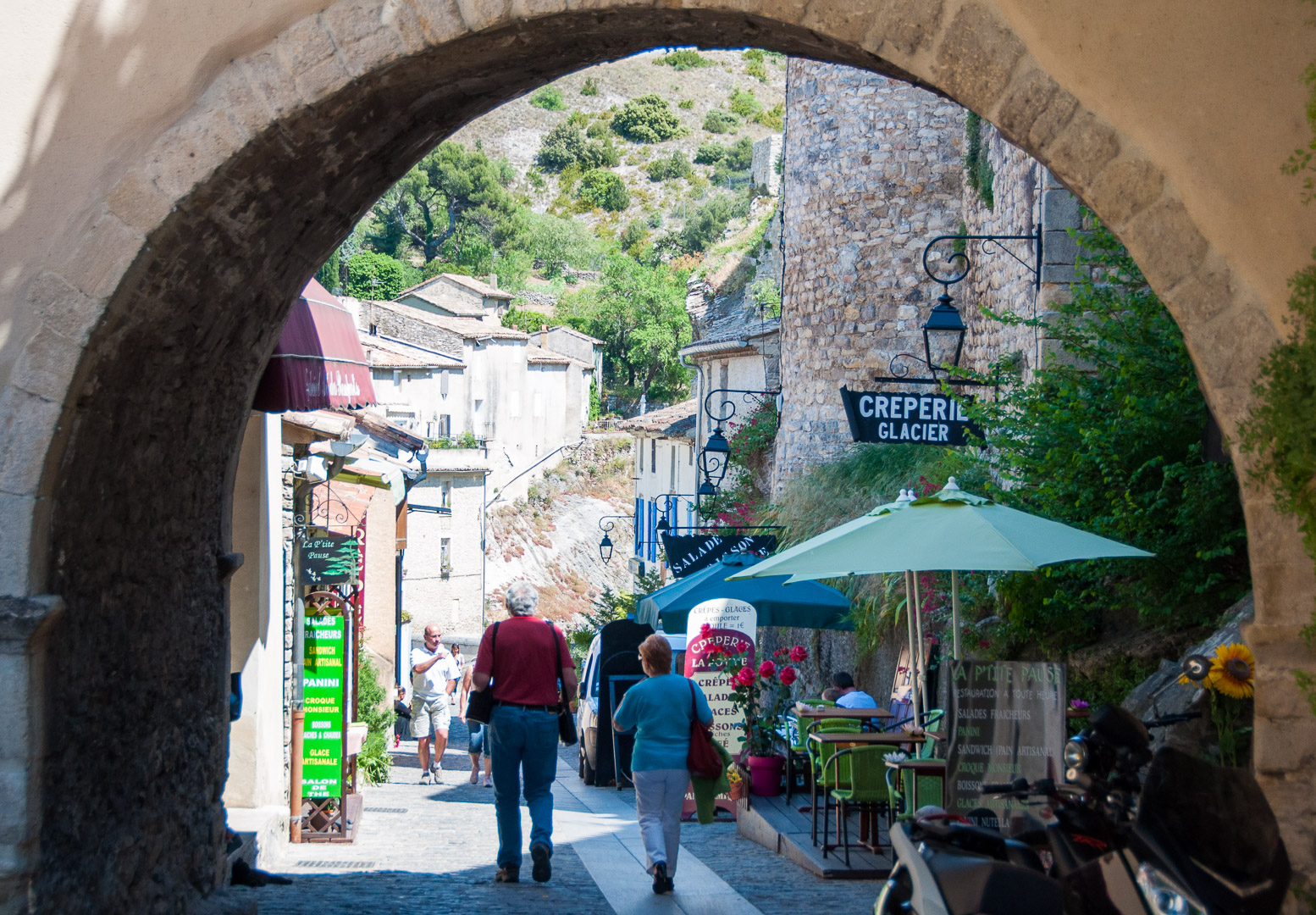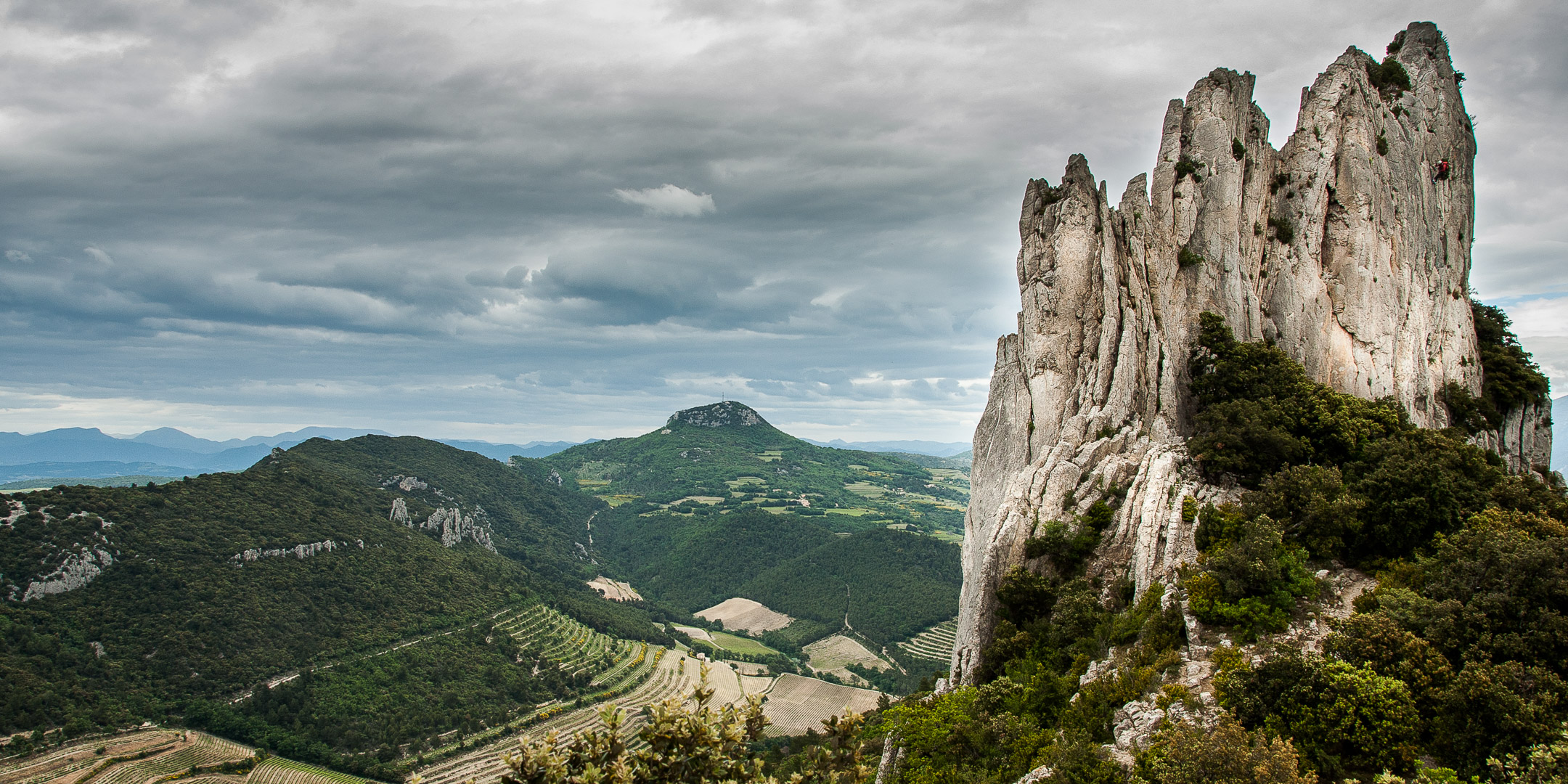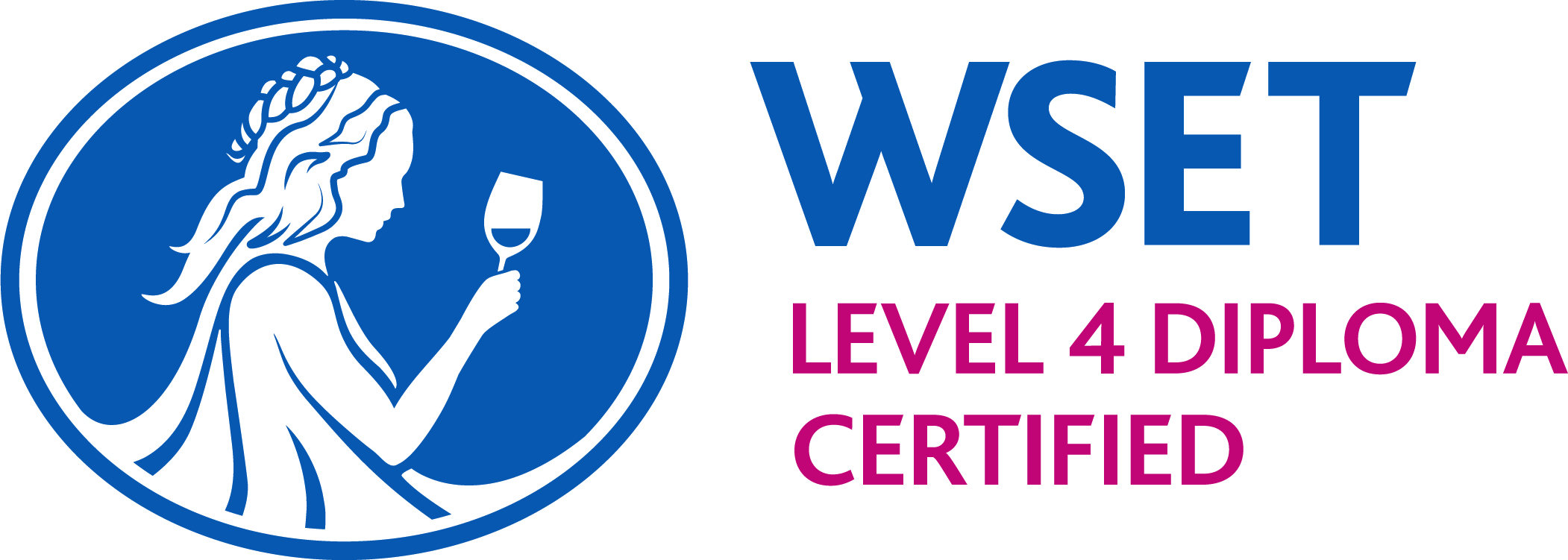Celebrate Earth Day with Female Winemakers in the Rhône

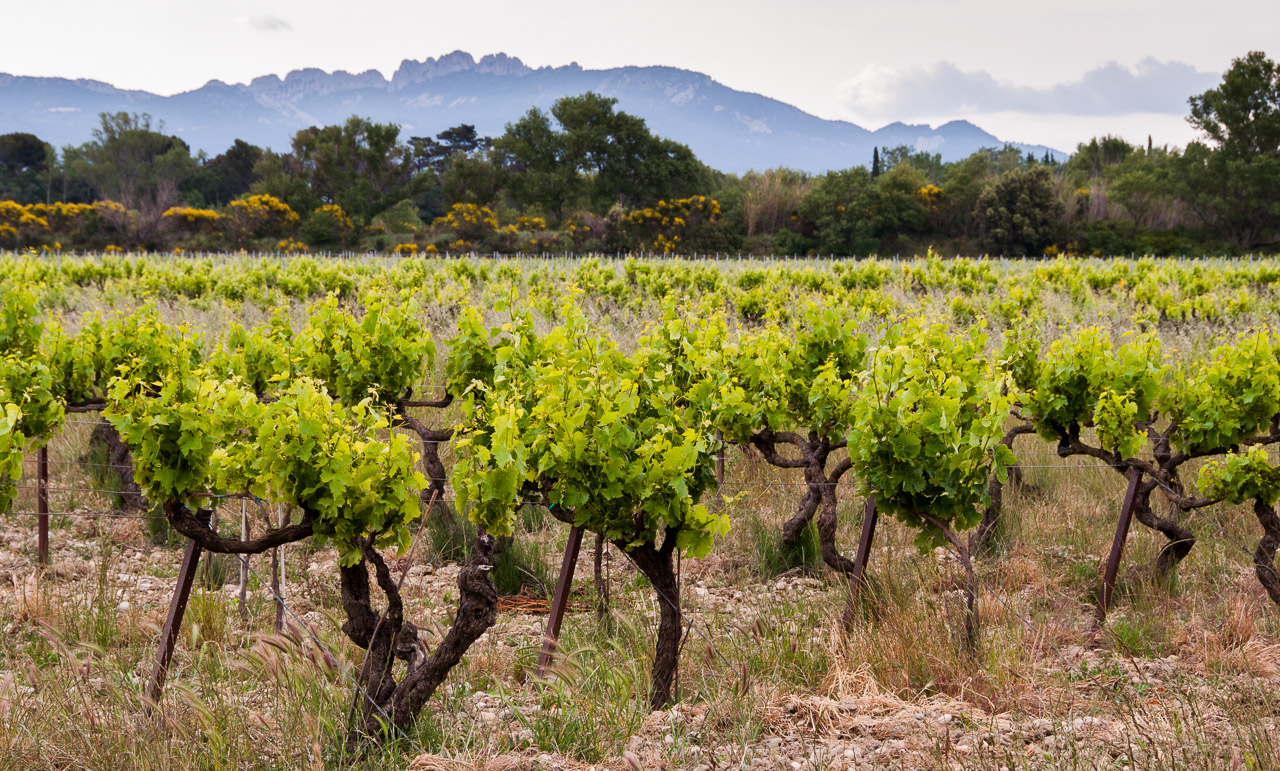
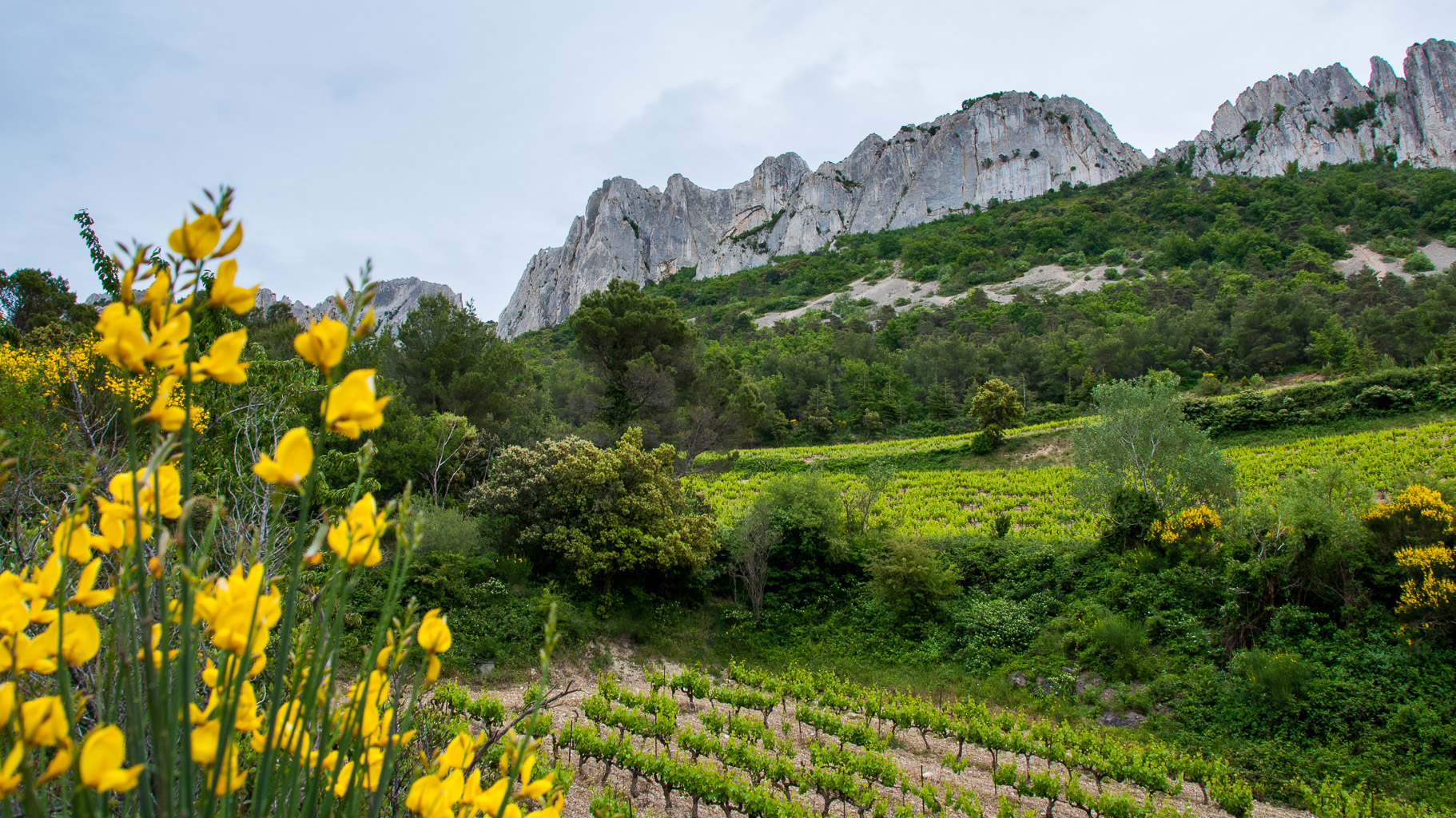
Women Taking Leadership Positions in Rhone Wineries
All over France, women are establishing a real presence in the wine industry. In the Rhône Valley, some women are taking their commitments to sustainability into the vineyard and winery. Today on Earth Day 2024, we’re highlighting three winemakers working in the Côtes du Rhône and Cótes du Rhône Villages appellations.
Sustainability in the Rhône Valley
What we today refer to as modern farming began shortly after the end of World War II, with the arrival of chemical based fertilizers, insecticides and herbicides. More recently, herbicide-proof grain seeds allowed even more herbicide use in farming in general. Over time, farmers and vinegrowers have become concerned over the destructive effects of these synthetic chemicals on the microbial life in the soil.
The Rhône Valley’s Mediterranean climate supports a return to more traditional farming with organic, biodynamic and new regenerative methods. The vigneronnes highlighted here have committed their energies to the pursuit of these methods which encourage healthy vines and a more biodiverse environment, both above and below the ground. Their wines demonstrate that sustainable is also delicious. Happy Earth Day!
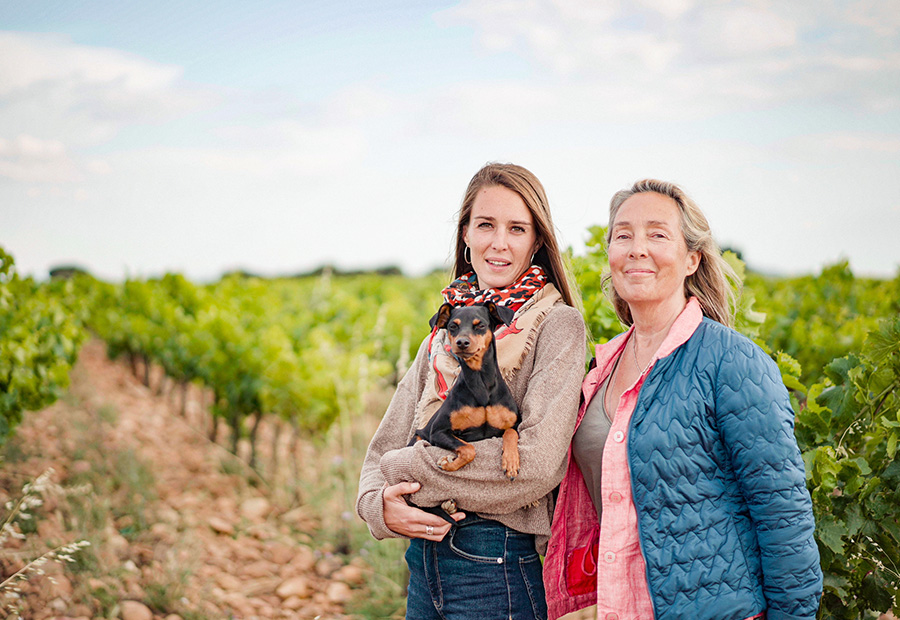


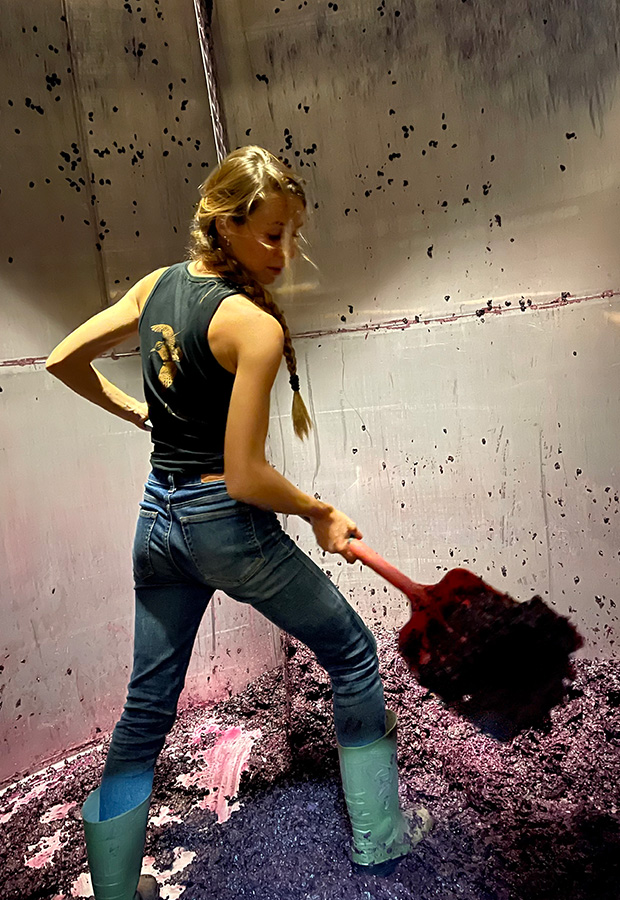
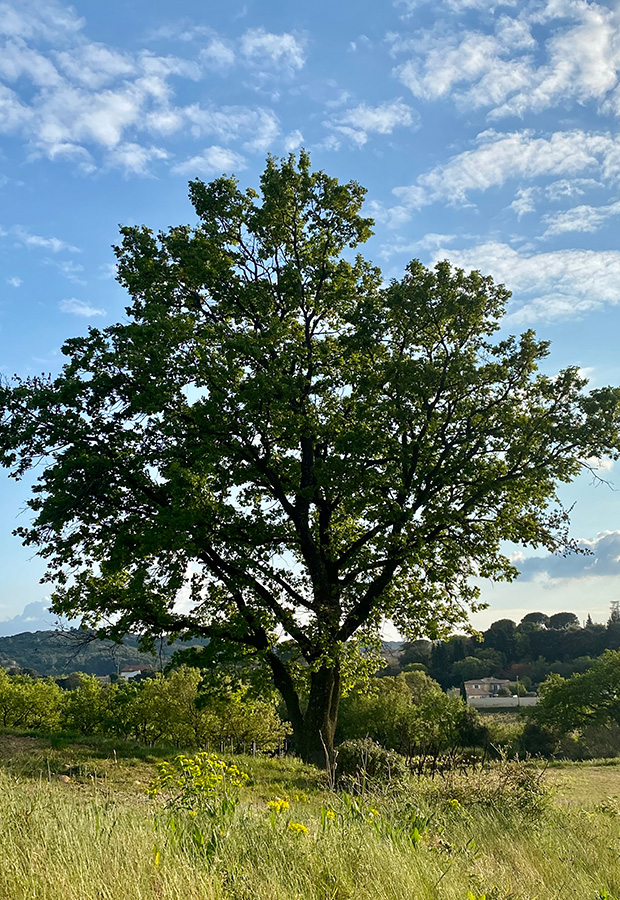

Ambre Delorme of Domaine de la Mordorée
Domaine de la Mordorée is a family estate, created in 1986 by Francis and Christophe Delorme, eventually run primarily by Christophe. Ambre, Christophe’s daughter planned to join her father in the winery after she finished her studies. Unfortunately, Christophe passed away in 2015, leaving Ambre and her mother in charge sooner than anticipated. They carried on in the family’s tradition; the vineyards were certified organic in 2013, and more recently certified HVE (high environmental value) in 2019 and Demeter certified biodynamic in 2020. The family farms 57 hectares (125 acres), so biodynamic work is no small task in that much land! In our discussion, Ambre explained they are going further, starting to plant 325 trees in their Tavel plots, to be followed after in Lirac and Châteauneuf du Pape. All these tasks are to increase the biodiversity in their vineyards, moving further away from the old idea of vines and vines alone in the vineyard. They also participate in the Pantenaria, a league for protection of birds by placing nesting boxes in their vineyards.

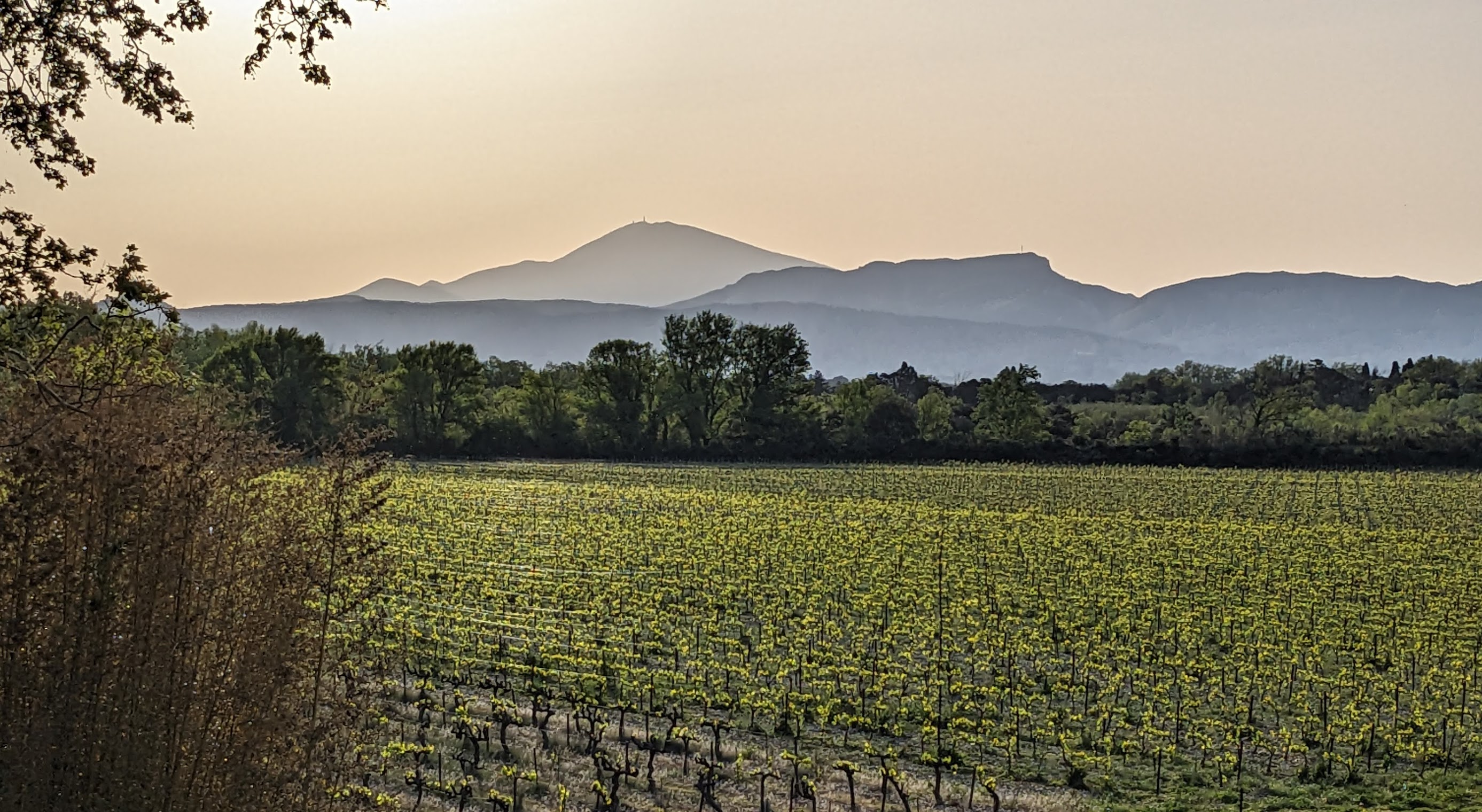



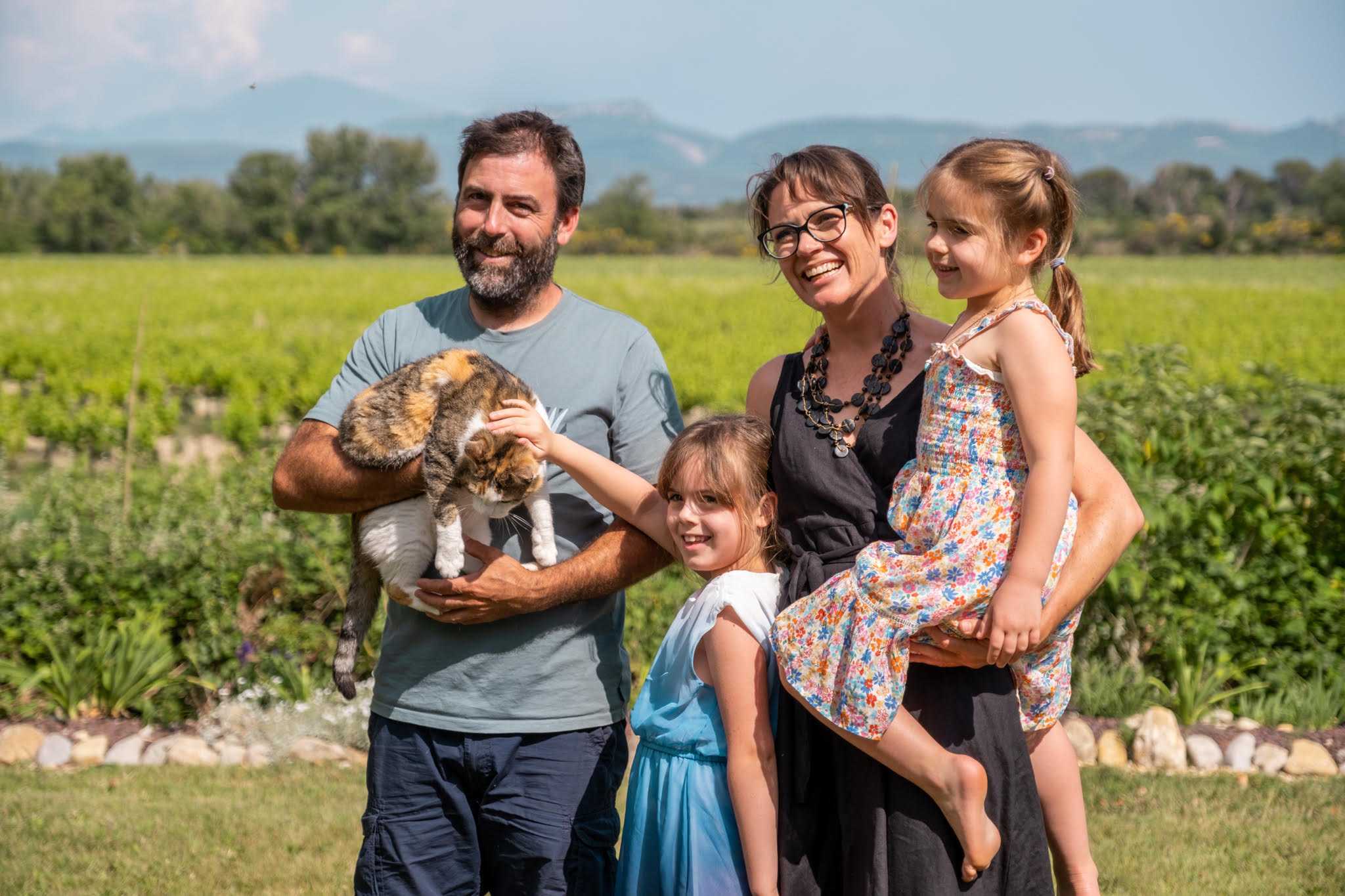
Caroline Jones of Domaine Rouge-Bleu
Caroline Jones and Thomas Bertrand purchased Domaine Rouge-Bleu in 2012. The domaine had always been managed to organic standards without formal certification. Caroline and Thomas continued that work. Over time, customers became more interested in organic wines so they completed organic certification. Today, they work organically and include many biodynamic preparations in the vineyard. Caroline explained they don’t plant specific cover crops as the native flora are widely varied and serve as a natural biodiverse addition to the environment. As a small domaine, they don’t have a strict division of labor but Caroline said she is in charge of the cellar. Thomas likes tractor work, so he spends the majority of his efforts out in the vineyard. Caroline explained their next steps include building a new winery structure which would be 100% passive, furthering their commitment to a sustainable operation.
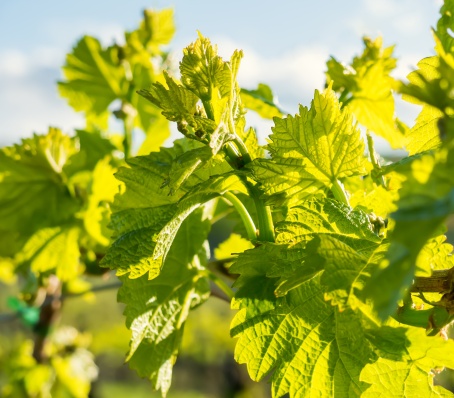
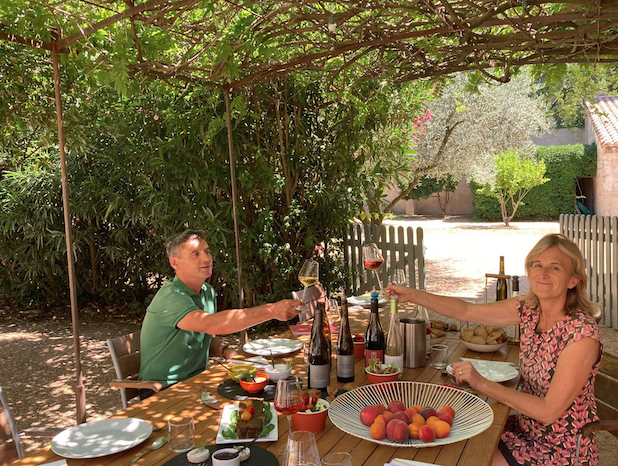
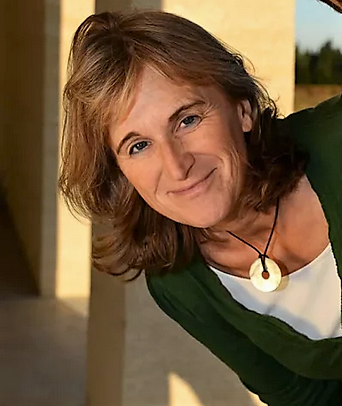
Anne Collard of Vignoble Anne Collard
Anne Collard describes herself as a vinegrower and passionate fan of the Grenache grape. This combination contributed to her establishment of her domaine, Vignoble Anne Collard in the southern Rhône valley, a perfect place to grow Grenache grapes. Her vineyards are certified organic and as of 2022, certified biodynamic. In the cellar, she minimizes sulfite use in an effort to retain all aspects of her wines’ sense of place. The wines are only lightly filtered on bottling, again to preserve their character.
Disclosure: The wines in this post were provided as samples. No other compensation was involved, all opinions expressed are mine.


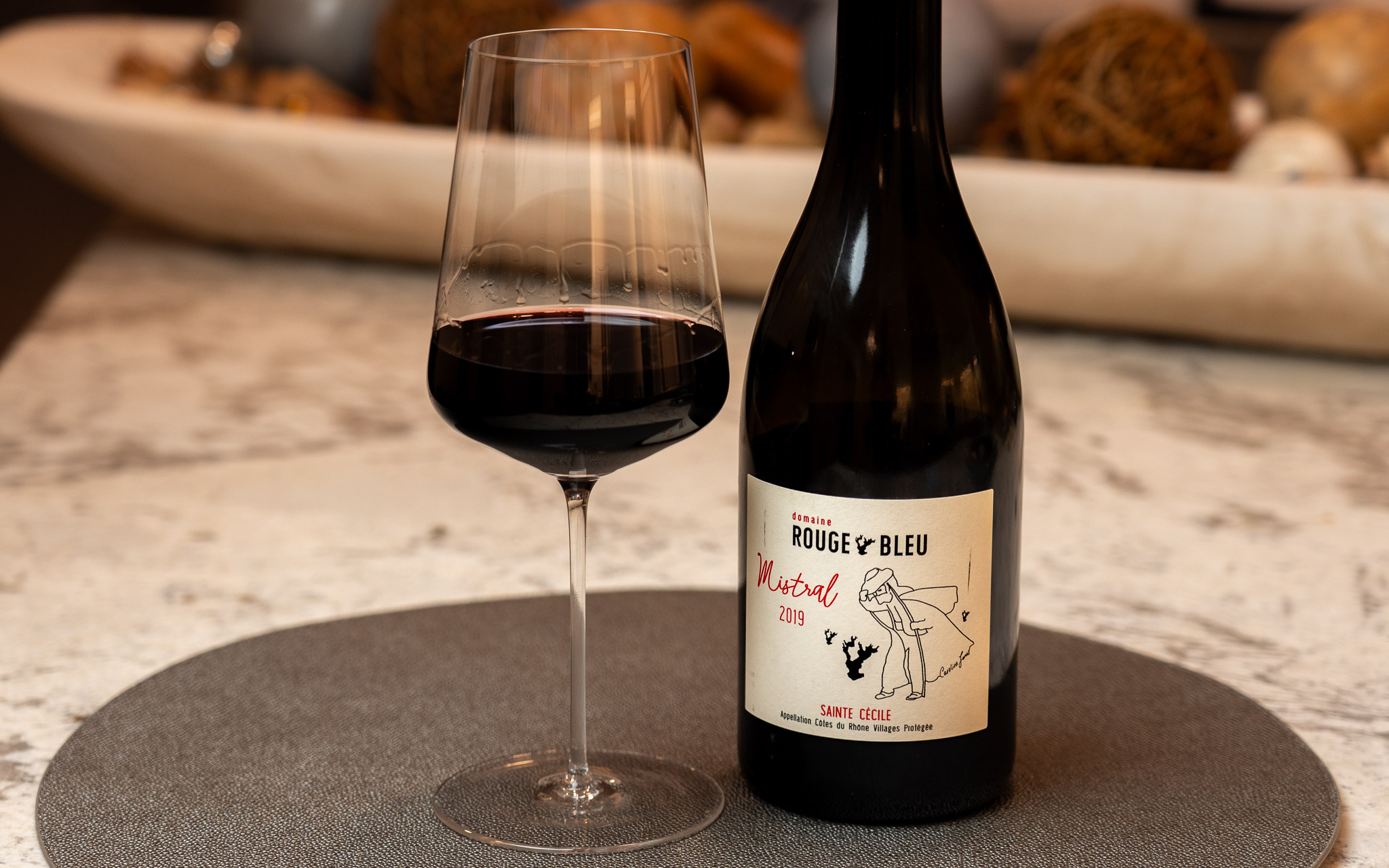
Domaine Rouge-Bleu “Mistral” Côtes du Rhône Villages Sainte Cécile AOP 2019 ($25 suggested, available here) 14% abv
The Mistral is 75% Grenache Noir, 20% Syrah, 3% Mourvedre, 2% Roussanne
Eye: Deep ruby
Nose: Medium plus intensity aromas of violets, ripe blueberries, blackberries, black plums, graphite, wet stones, leather.
Mouth: Dry, medium plus acidity, medium fine grained tannins, full body, high alcohol, medium plus intensity flavors, long finish. Flavors follow the nose with the fruit impression lingering nicely.
Observations: Full bodied and full of ripe fruit the earth character is subtle but present. We enjoyed it with a chicken in cocotte with bacon, potatoes and mushrooms. The bacon, potatoes and mushrooms provided the heft to balance the full body and bold flavors of the wine.
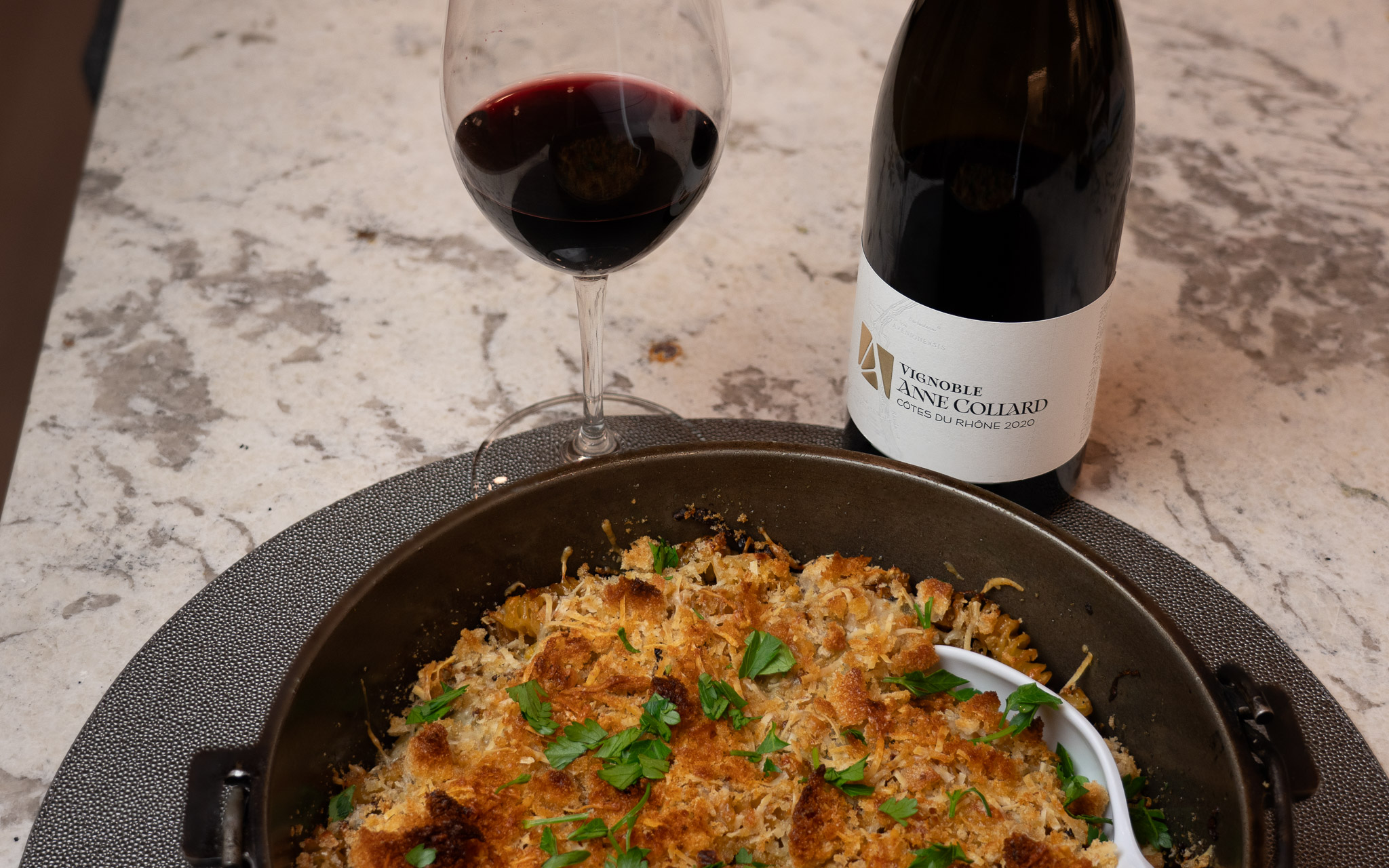
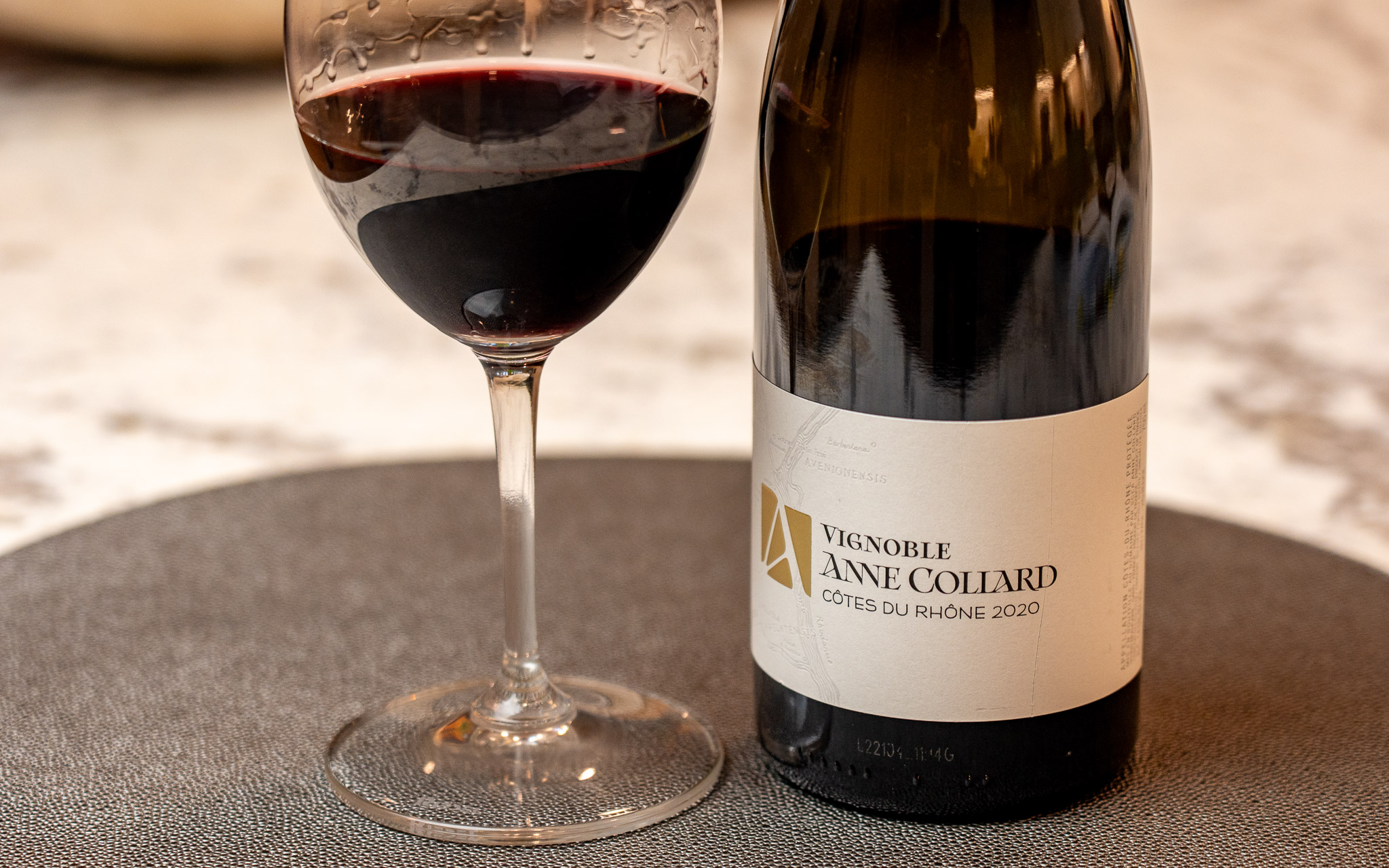
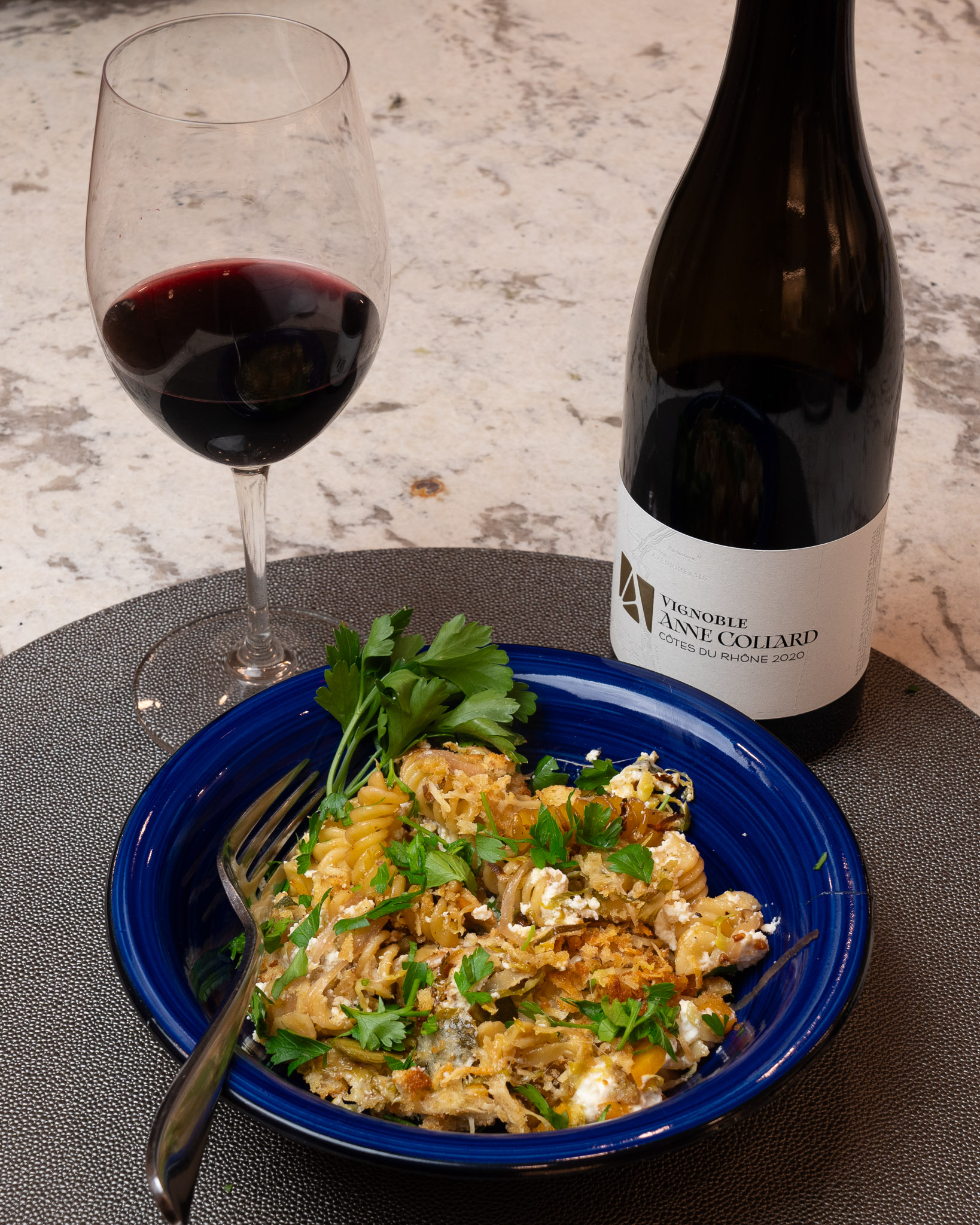
Vignoble Anne Collard Côte du Rhône AOC 2020 ($25 suggested, available here) 14.5% abv
Anne’s Côte du Rhône is composed of 50% Grenache Noir, 20% Mourvedre, 20% Marselan, 10% Syrah
Eye: Deep ruby, blue notes almost purple
Nose: Medium plus intensity aromas of ripe blueberries, blackberries, smoke, subtle green stems, fresh thyme and rosemary.
Mouth: Dry, medium acidity, medium plus very fine grained tannins, full body, high alcohol, medium plus finish. Flavors match the aromas with an emphasis on freshness.
Observations: The southern Rhône is a warm climate so we expect the wines to be full bodied; Anne’s wine shows that full body while retaining a nice freshness. We enjoyed this wine with a difficult to photograph vegetarian pasta bake with butternut squash, brussels sprouts and red onion. I love finding vegetarian dishes with the oomph to pair with a big red wine.
